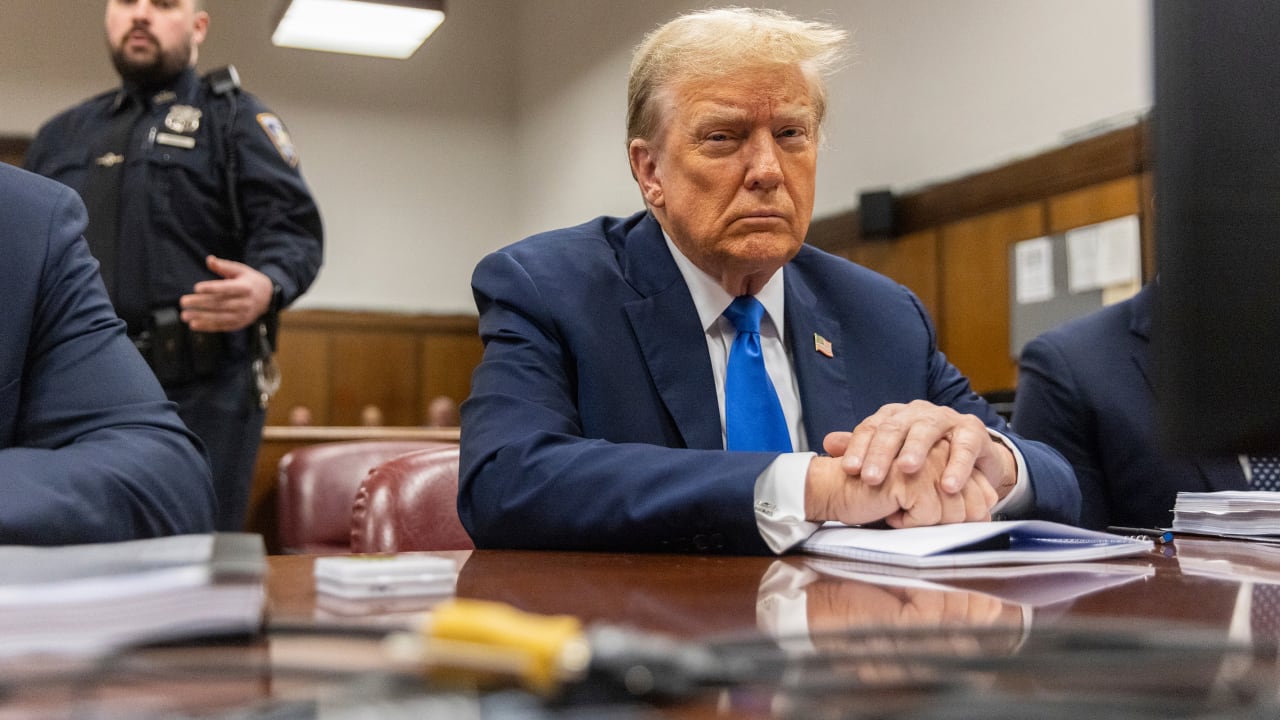US President Donald Trump continued to claim that coronavirus will “go away,” claiming it might disappear without a vaccine, while speaking at an ABC town hall on Tuesday
Trump also claimed “herd development” can help the disease dissipate, and some doctors, including Scott Atlas, have argued for that strategy.
“I’m not looking to be dishonest. I don’t want people to panic, and we are going to be OK. We’re going to be OK and it is going away, and it’s probably going to go away now a lot faster because of the vaccine. It would go away without the vaccine, George, but it’s going to go away a lot faster with the vaccine,” Trump said.
Herd immunity: When pressed about his claim that the virus might go away without a vaccine, Trump apparently argued for herd immunity, a strategy that has become controversial in recent weeks.
“And you’ll develop, you’ll develop herd, like a herd mentality. It’s going to be herd developed and that’s going to happen, that will all happen, but with a vaccine, I think it will go away very quickly,” Trump said. “But I really believe we’re rounding the corner, and I believe that strongly.”
Trump then said that Dr. Scott Atlas, a coronavirus adviser to the administration, said herd immunity could have been helpful from the beginning of the pandemic, though Atlas has claimed he has never advised the President for a herd immunity strategy.
“You look at Scott Atlas, you look at some of the other doctors that are highly, from Stanford, look at some of the other doctors. They think maybe we could have done that from the beginning,” Trump said.
Atlas’ comments: In an interview with the BBC earlier this month, Atlas said he had never recommended herd immunity as a strategy to fight the virus.
“I have never, literally never, advised the President of the United States to pursue a strategy of herd immunity, of opening the doors and letting people get infected,” Atlas told the BBC. “I have never advised that, I have never advocated for that to the task force, I have never told anybody in the White House that that’s what we should be doing.”













